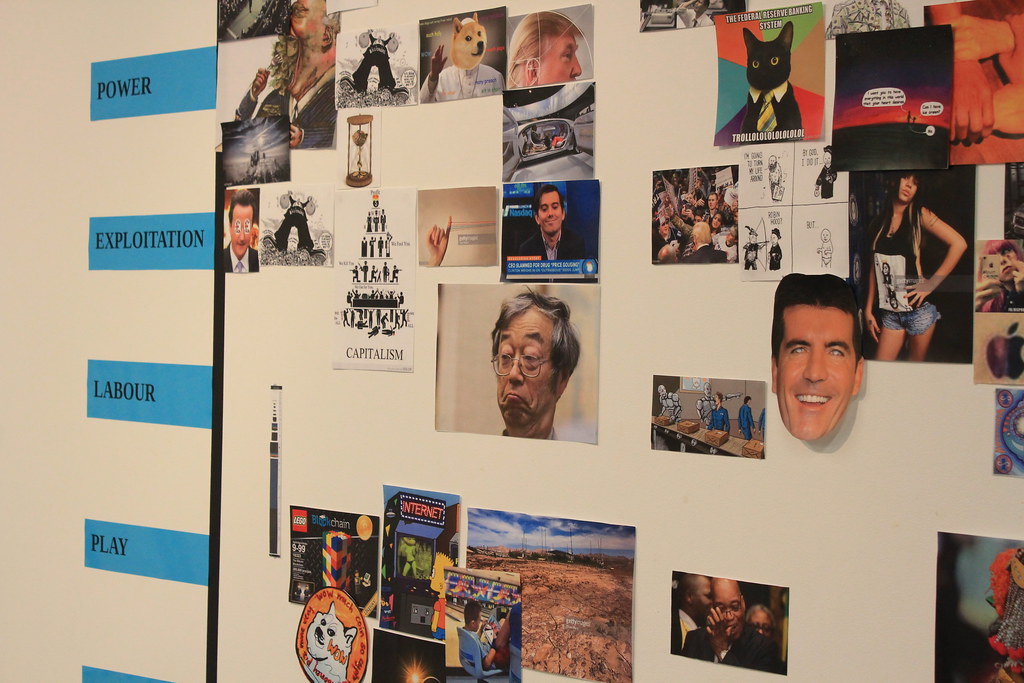Hello there, fellow ethical spenders! It’s me, Emily Green, your friendly neighborhood financial enthusiast. Over the past four years, we’ve embarked on a journey to explore the fascinating world of ethical spending and the impact it has on our lives and the world around us. Today, I want to delve deep into a topic that is close to my heart: how education plays a pivotal role in fostering ethical financial behaviors.
We live in a world where our financial choices ripple through the fabric of society, affecting not only our own lives but the well-being of others and the environment. From supporting fair labor practices to making sustainable choices, the decisions we make with our hard-earned money have far-reaching consequences. So, let’s grab our virtual backpacks and embark on a quest to understand how education can transform us into ethical spending superheroes!
The Power of Knowledge

It all starts with knowledge. Think about it; if you don’t know what ethical spending means, how can you practice it? Education is the key that unlocks the door to understanding the impact of our financial choices.
Imagine you walk into a supermarket, and you’re faced with two seemingly identical products. One is labeled “Fair Trade Certified,” while the other isn’t. Without the knowledge of what “Fair Trade” means, you might choose the cheaper option without realizing that the former supports ethical labor practices. That’s where education comes in – it empowers you to make informed decisions that align with your values.
The Ripple Effect
Ethical financial education doesn’t just benefit us individually; it has a ripple effect throughout our communities and beyond. When we learn about the social and environmental consequences of our spending habits, we become catalysts for change.
Take a moment to think about the last time you shared your newfound knowledge about ethical spending with a friend or family member. Perhaps you explained why you prefer to support local businesses or opt for eco-friendly products. Your actions inspire others, creating a positive cycle of ethical spending awareness.
Practical Examples
Let’s dive into some practical examples of how education can drive ethical financial behaviors:
Financial Literacy Programs
Financial literacy programs in schools are essential for shaping young minds. These programs can teach students about budgeting, saving, and investing, but they can also incorporate ethical spending concepts. By introducing topics like responsible consumerism and the impact of fast fashion, we equip the next generation with the tools to make conscientious choices.
Workshops and Webinars

Adults can benefit from workshops and webinars that delve into the nuances of ethical spending. These sessions can cover topics such as ethical investing, sustainable shopping, and supporting fair trade. Interactive discussions and case studies make the learning experience engaging and memorable.
Ethical Finance Apps
Technology can be a powerful tool for educating and facilitating ethical spending. Ethical finance apps, like those that track the environmental impact of purchases or highlight ethical investment opportunities, can provide real-time education and encourage responsible financial decisions.
Educational Resources
The internet is a treasure trove of educational resources on ethical spending. Blogs, podcasts, documentaries, and books offer in-depth insights into the subject. For instance, documentaries like “The True Cost” shed light on the fashion industry’s impact on workers and the environment, sparking conversations and change.
Real-Life Impact
Education isn’t just about theory; it’s about real-life impact. Let me share a heartwarming story to illustrate how knowledge can transform lives:
Meet Sarah, a college student who stumbled upon an article about the consequences of fast fashion in one of our previous blog posts. Intrigued, she decided to do some research and discovered the world of sustainable fashion. She began shopping at thrift stores and supporting brands that prioritize ethical practices.
Sarah’s newfound knowledge didn’t stop there. She started a campus club dedicated to ethical spending, organizing clothing swaps and awareness campaigns. Her initiative inspired her friends and even caught the attention of the local media. Sarah’s journey from uninformed shopper to ethical spending advocate showcases the power of education to create positive change.
The Road Ahead
As we continue on our quest to become ethical spending superheroes, let’s remember that education is our trusty sidekick. It equips us with the knowledge and tools we need to make financial choices that align with our values and create a better world.
So, my fellow ethical spenders, let’s embrace educational opportunities, share our newfound wisdom, and champion the cause of ethical spending. Together, we can create a ripple effect that transforms not only our own lives but also the world around us. It’s time to unleash the power of education and be the change we wish to see in the world, one ethical choice at a time.
Until next time, happy spending – ethically, of course!

































